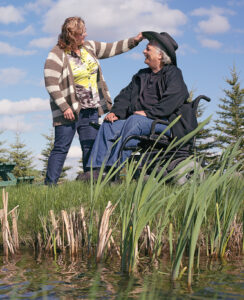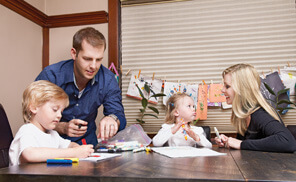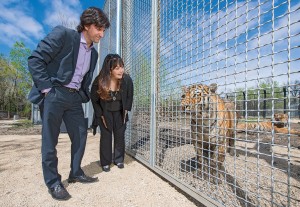Give in the moment
Don’t wait until you’re gone to leave your wealth to family and charity. Give while you’re alive...
Advertisement
Don’t wait until you’re gone to leave your wealth to family and charity. Give while you’re alive...



Share this article Share on Facebook Share on Twitter Share on Linkedin Share on Reddit Share on Email